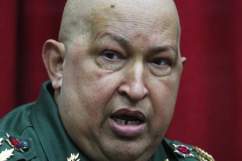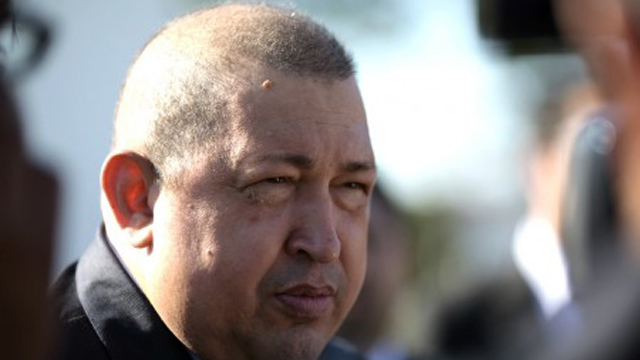
The controversial president of Venezuela Hugo Chavez, El Comandante, has died at the age of 58, the news has been announced by his Vice-President Nicholas Maduro.
Chavez had been suffering from an undisclosed form of cancer for some time.
1. In a National Broadcast, Vice-President Nicholas Maduro Confirmed That the President of Venezuela Died at 4:25 p.m.
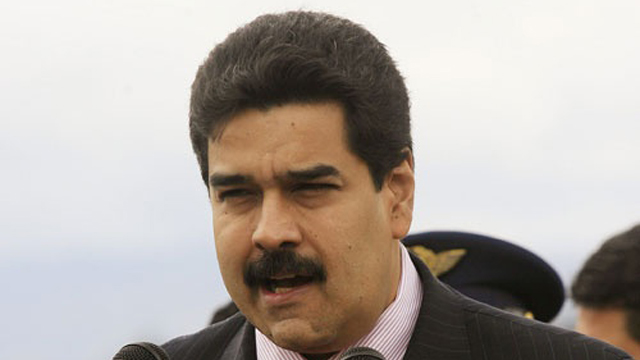
Hugo Chavez’s Vice-President Nicholas Maduro.
Maduro made the announcement surrounded by cabinet minister and associates of the Chavez regime. After making the announcement of the President’s passing, Maduro said:
We must unite now more than ever. Our people can count on having a government of men and women committed to protecting them
And just to drive home the point of “protecting” the Venezuelan people, Minister of Defense Adm. Diego Molero added that the army were in the:
process of deploying … to ensure the safety of all Venezuelans
Maduro did not mention when a new election would be called to vote for Chavez’ successor.
2. Chavez was President of Venezuela For 14 Years.
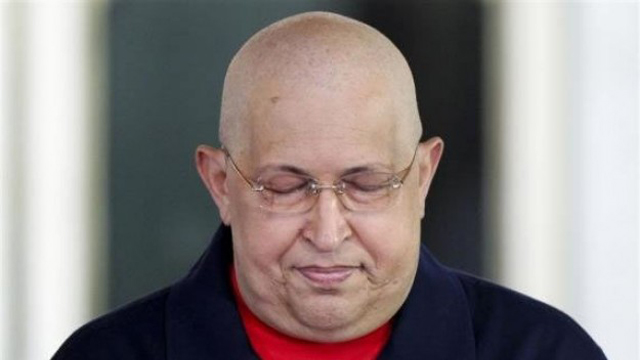
Chavez first entered the consciousness of the Venezuelan public with a failed coup attempt in 1992 against then President Carlos Andre Perez. Before entering politics, Chavez a paratrooper in the Venezuelan army.
In 1998, he was democratically elected as President. He vowed to find a “third way” between socialism and capitalism. A year later he extended the length of a presidential term to six years and renamed the country: The Bolivarian Republic of Venezuela.
During his time as President he was re-elected three times. In 2002, he faced an attempted coup but was kept in power by loyal army officers.
3. During his Tenure he was Accused of Suppression of Political Opponents
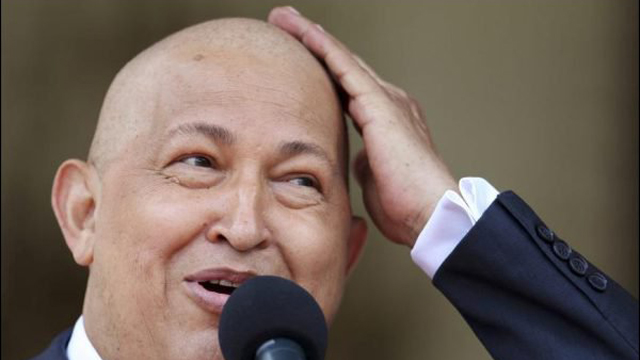
A national strike which was organized by private anti-Chavez businesses severely disrupted Venezuela’s oil exports in 2002 was dealt with severely by Chavez. The strike was called to try to coerce Chavez into a referendum on whether or not he should stay in power.
When the strike was broken Chavez fired 18,000 workers who had participated in it as well as seven executives from Venezuela’s biggest oil companies. Nonetheless the President called the requested referendum for the following year, where Venezuelans voted resoundingly “No”, when asked whether or not he should stay in power.
After the failed coup of 2002, Human Rights Watch wrote about Chavez saying:
…Discrimination on political grounds has been a defining feature of the Chavez presidency, at times, the president himself has openly endorsed acts of discrimination. More generally, he has encouraged his subordinates to engage in discrimination by routinely denouncing his critics as anti-democratic conspirators and coup-mongers — regardless of whether or not they had any connection to the 2002 coup…
4. Vice-President Nicholas Maduro Claimed That the US Had Given Chavez Cancer
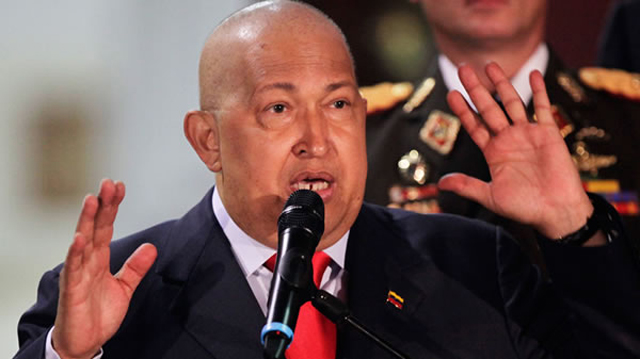
5. Chavez Was For the Majority of His Cancer Treatment, Treated in Cuba
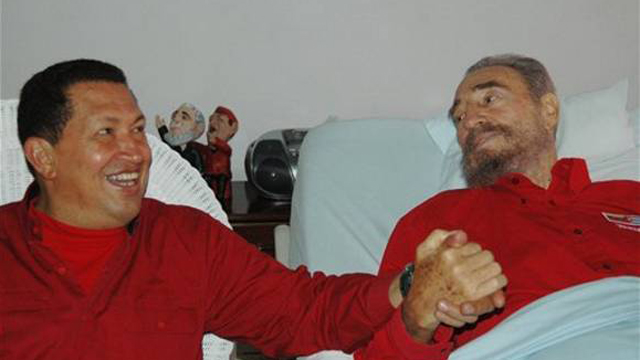
Beginning in June 2011, Chavez admitted on state television that he was struggling with a “baseball-sized” tumor in his Pelvis. Later on that summer he had the tumor removed in Cuba.
In September of that year, Chavez had been back and forward to Cuba for chemotherapy, he announces in that month that he has been given the all clear by doctors but in February, Chavez experiences a recurrence of the same illness. Once again he returns for Cuba for chemotherapy.
Chavez claims in July 2012 that he is “cancer free.” After going to Cuba in October to mysterious medical reasons, Chavez says in December that the cancer has returned for a third time.
In March 2013, Chavez’ Vice-President claims the President is “battling for his life.” Four days later Chavez death is announced by Maduro.
Share:
6. Photos Were Released to Prove Chavez Was Alive on February 13th This Year
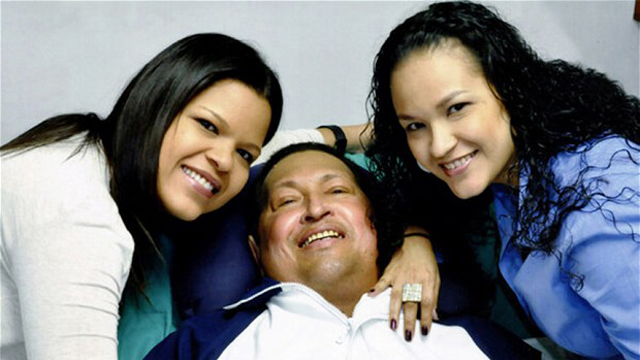
He was pictured alongside his daughters, Maria Gabriela, and Rosa Virginia in Havana, Cuba. His son-in-law said at the time of the released photo that the President: “didn’t have his usual voice.” Another picture was released of Chavez reading a Cuban newspaper.
7. He is Known to Have Returned to Venezuela on February 18th
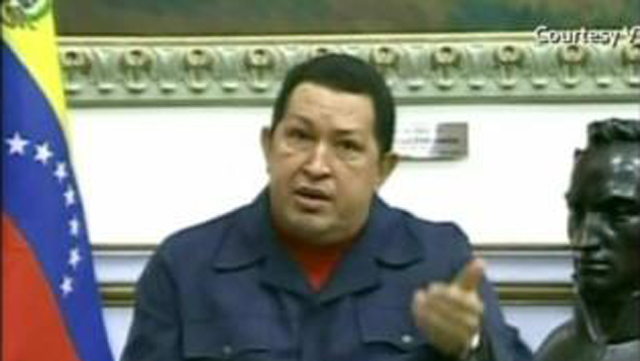
After his return, there were few public statements made by Chavez. He continued to undergo treatment in Caracas. Vice-President Nicholas Maduro asked the Venezuelan people to pray for Chavez, Maduro added that he felt Chavez would win the battle for life.
8. He Was Re-inaugurated as Venezuelan President on January 10th
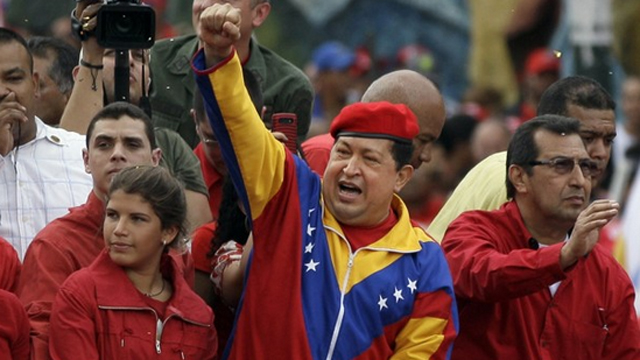
On January 10th, Chavez, despite being absent, was re-inaugurated as President at Miraflores, the Presidential palace. Reports say that around 100,000 people gathered to see Chavez and were left disappointed.
9. Twitter, as Predicted Has Gone Crazy with Varying Opinions
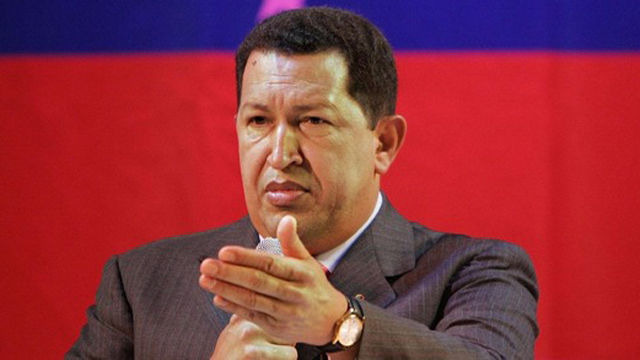
Hugo Chavez was a leader that understood the needs of the poor. He was committed to empowering the powerless.R.I.P. Mr. President.
— Jose E. Serrano (@RepJoseSerrano) March 5, 2013
Former Mayor of London Ken Livingstone: Hugo Chavez “was a friend and comrade” itv.co/ZmEd3i #HugoChavez
— ITV News (@itvnews) March 5, 2013
Today, we do not mourn the death of Hugo Chavez, but instead, we celebrate the possibility that Venezuela can be born anew.
— Connie Mack (@ConnieMackIV) March 5, 2013
10. In 2011, Venezuela’s Oil Reserves Were Deemed to be Larger Than Those in Saudi Arabia

Opec data shows:
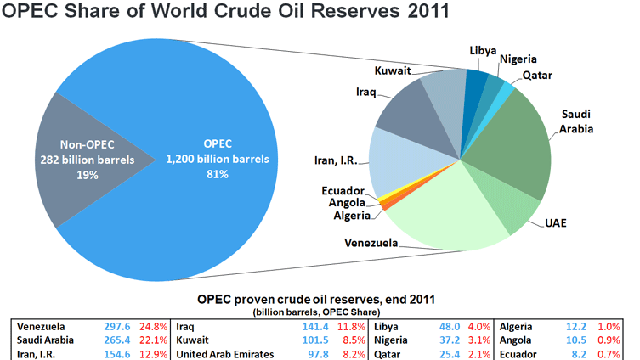
Chavez came in for serious criticism from oil companies and governments during his reign. Mainly because he was accused of cronyism when it came to appointing people for the top jobs in oil in Venezuela. It will be interesting to see “Big Oil’s” reaction to the death of Chavez and the potential for change.
